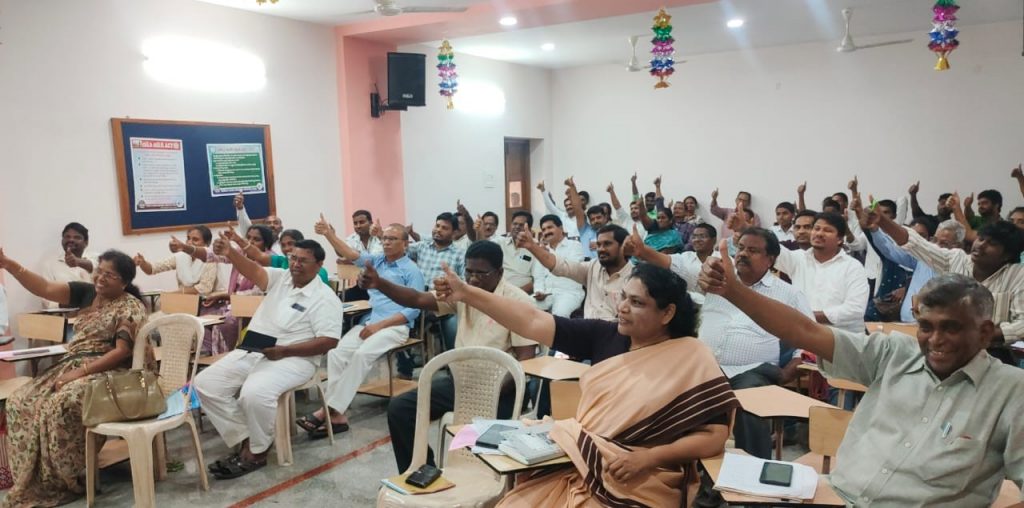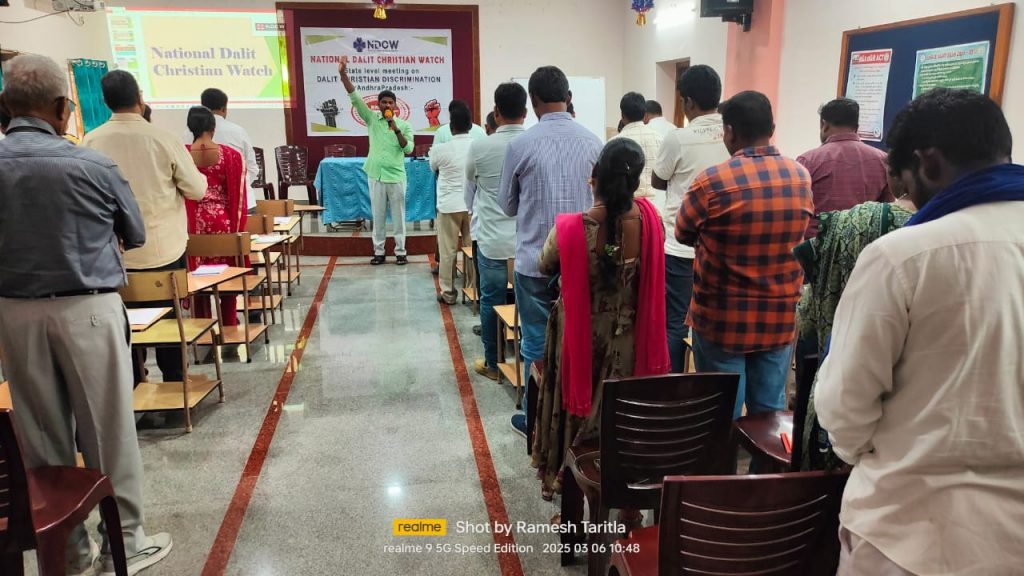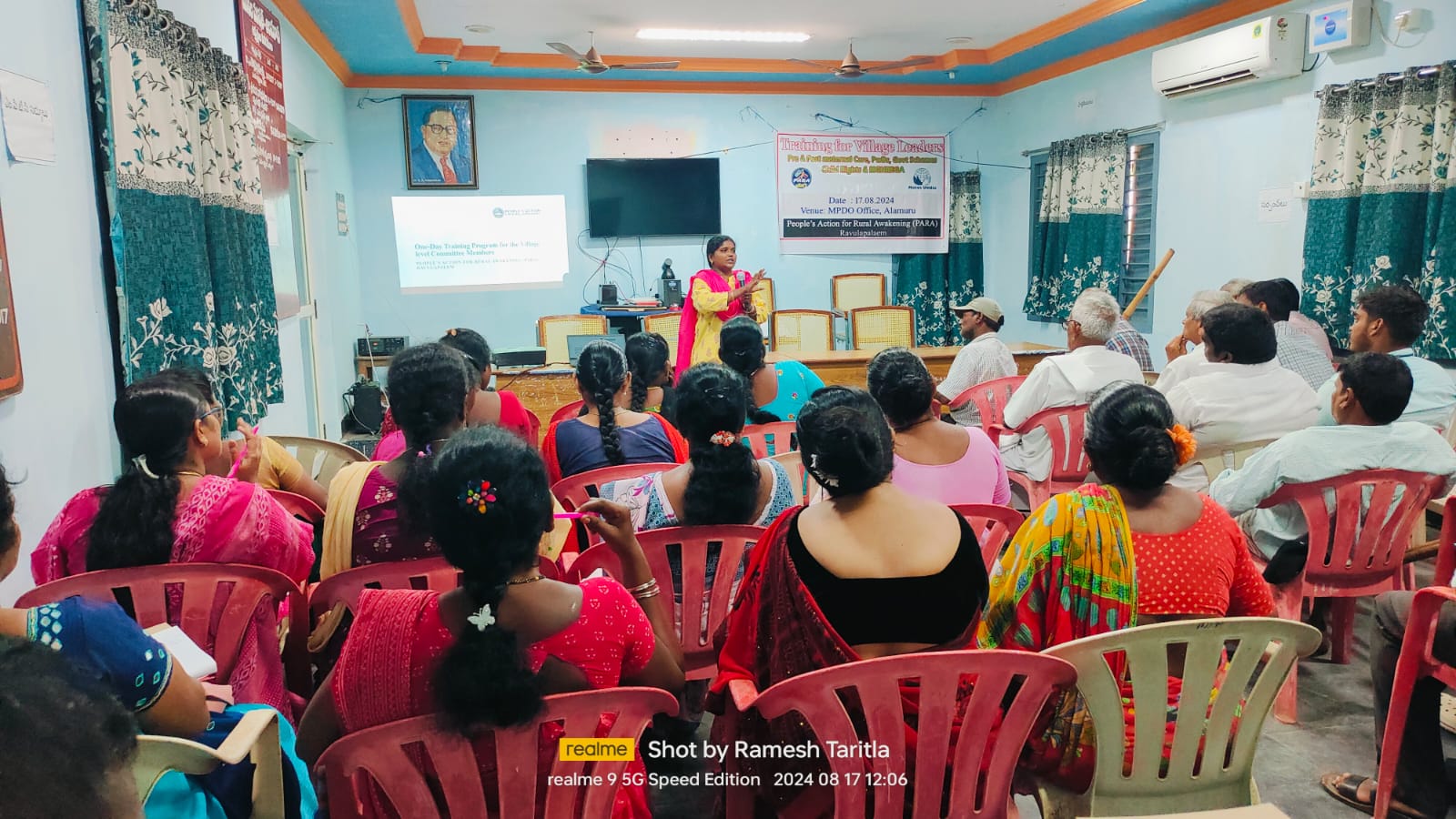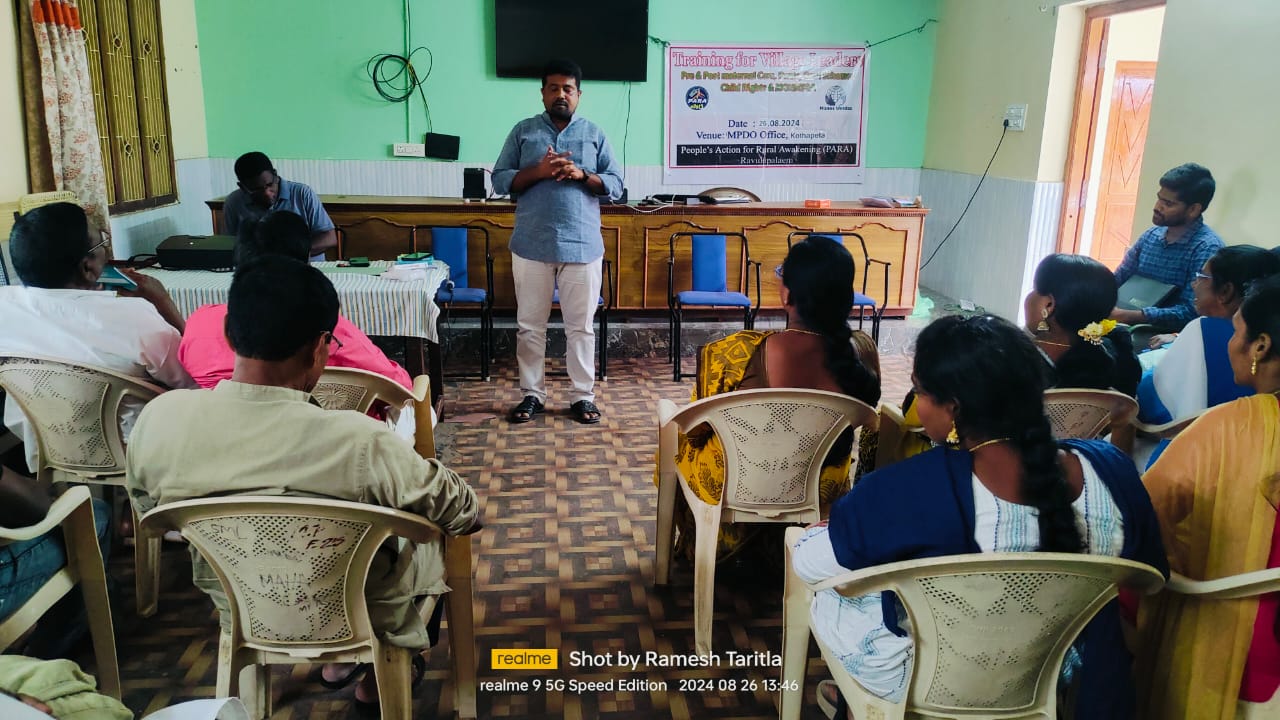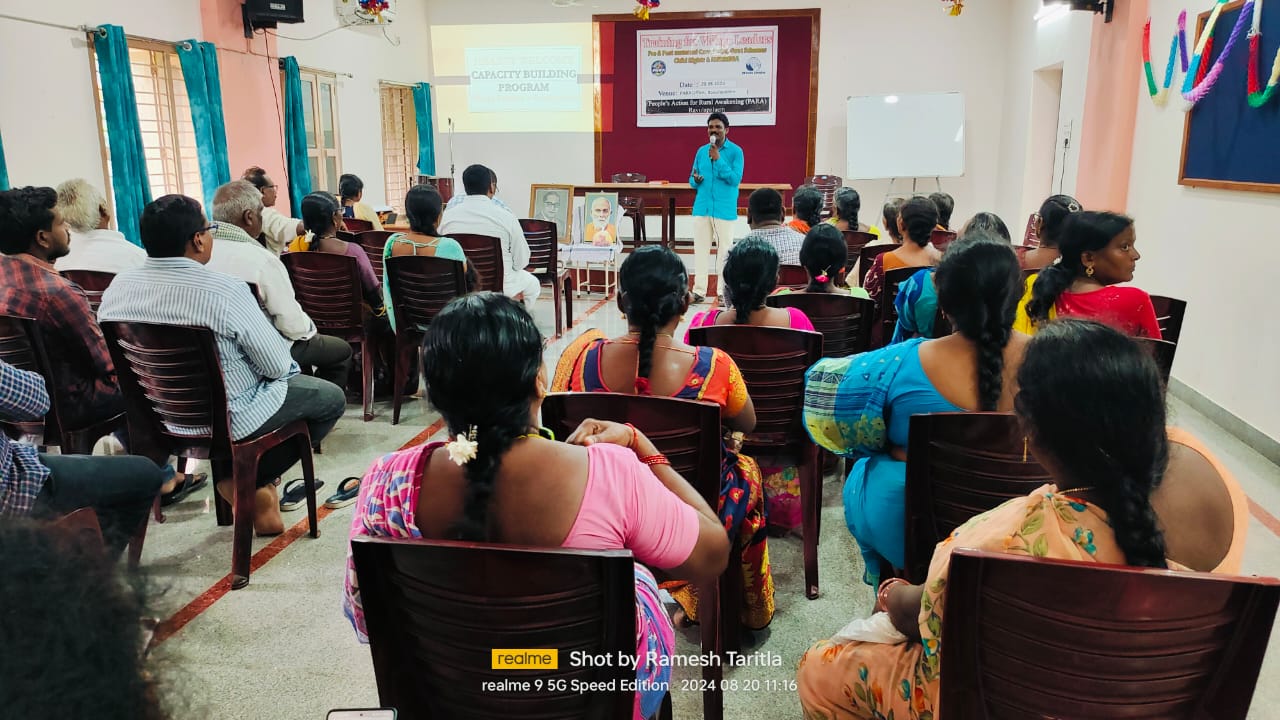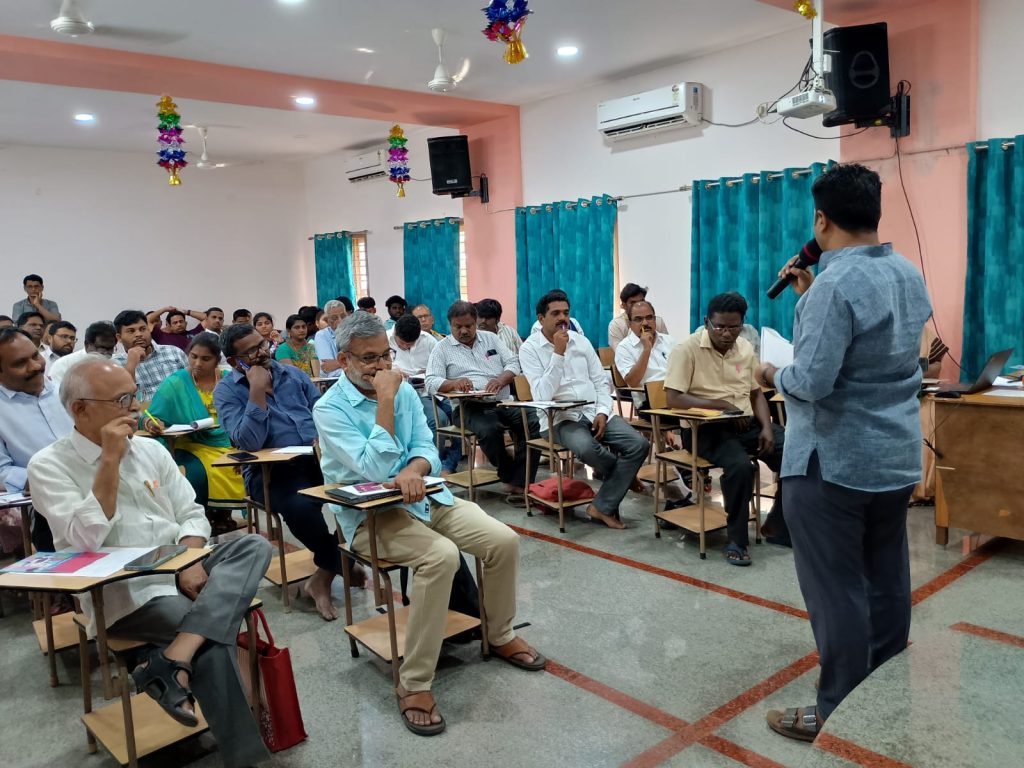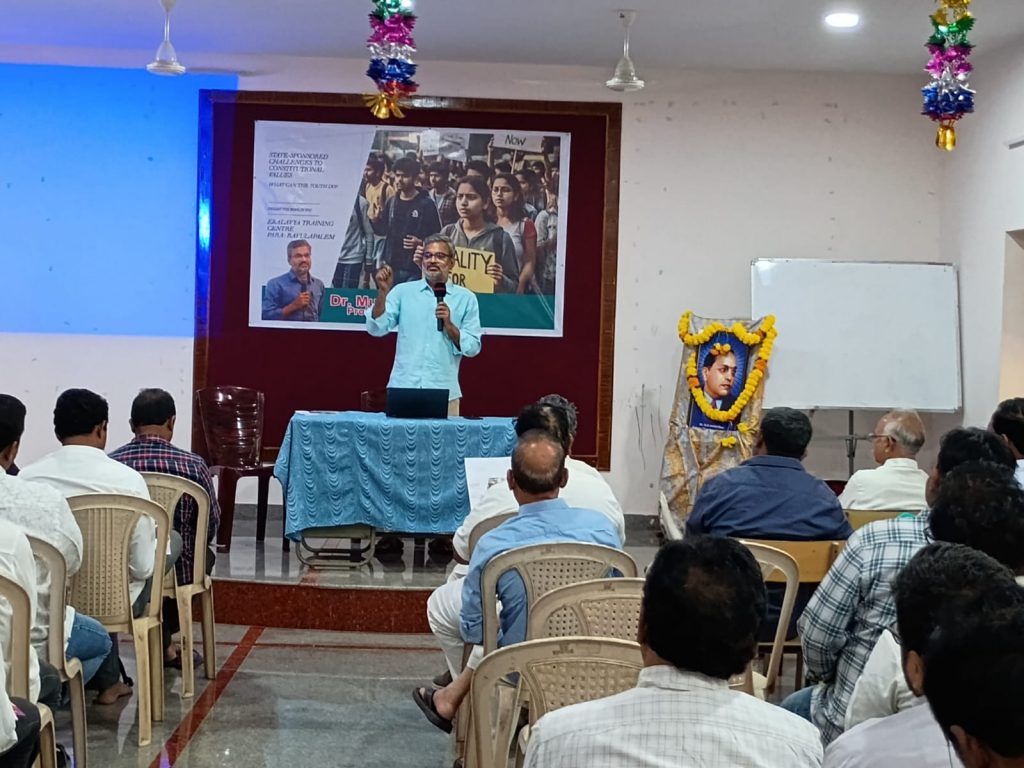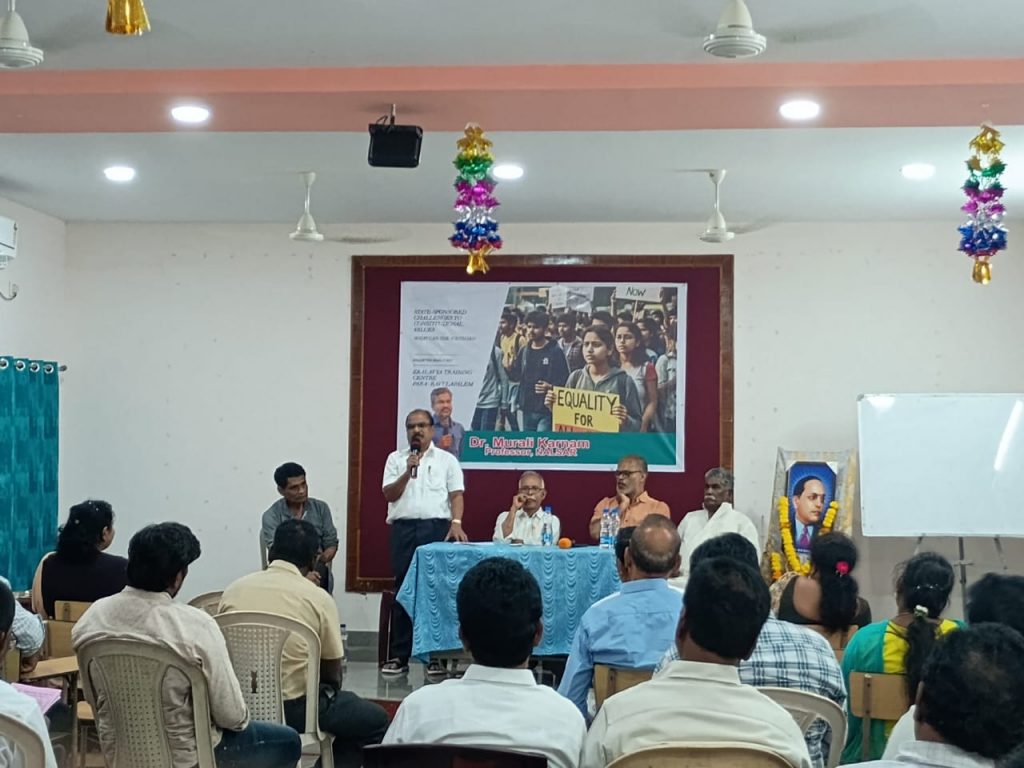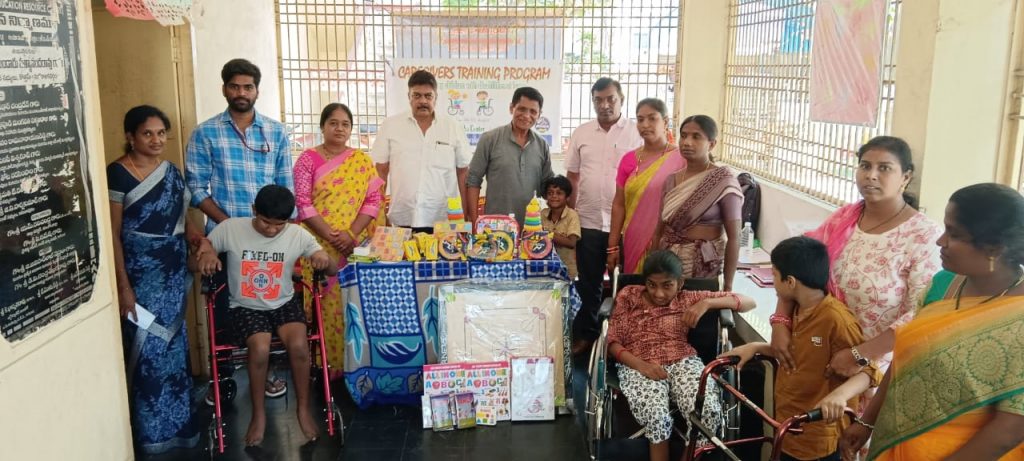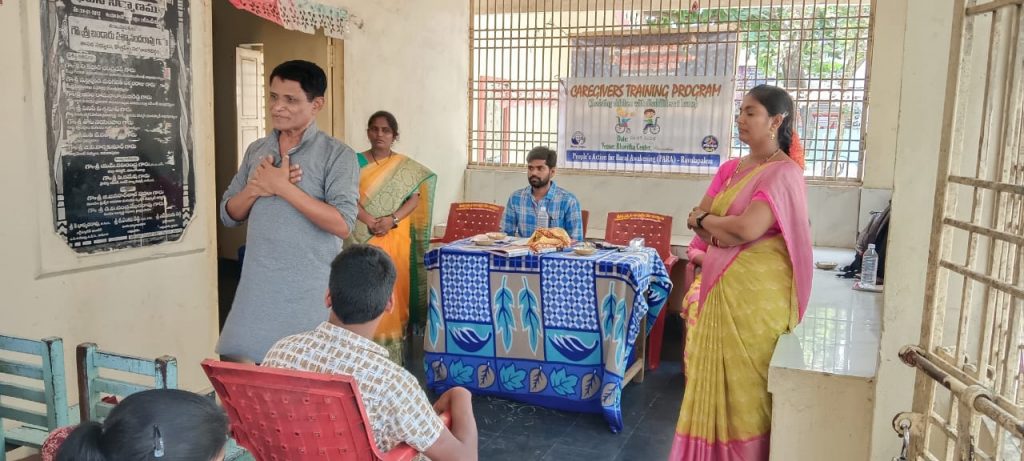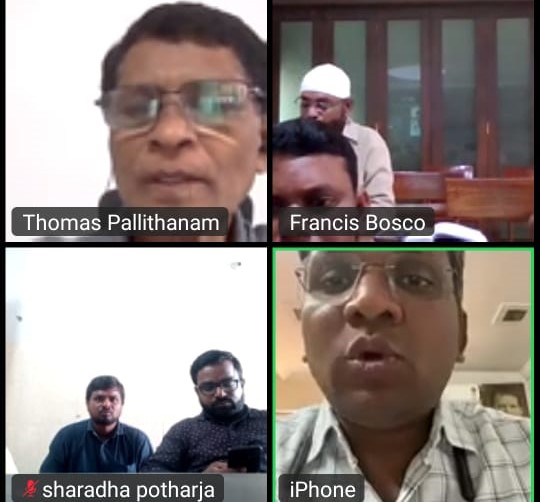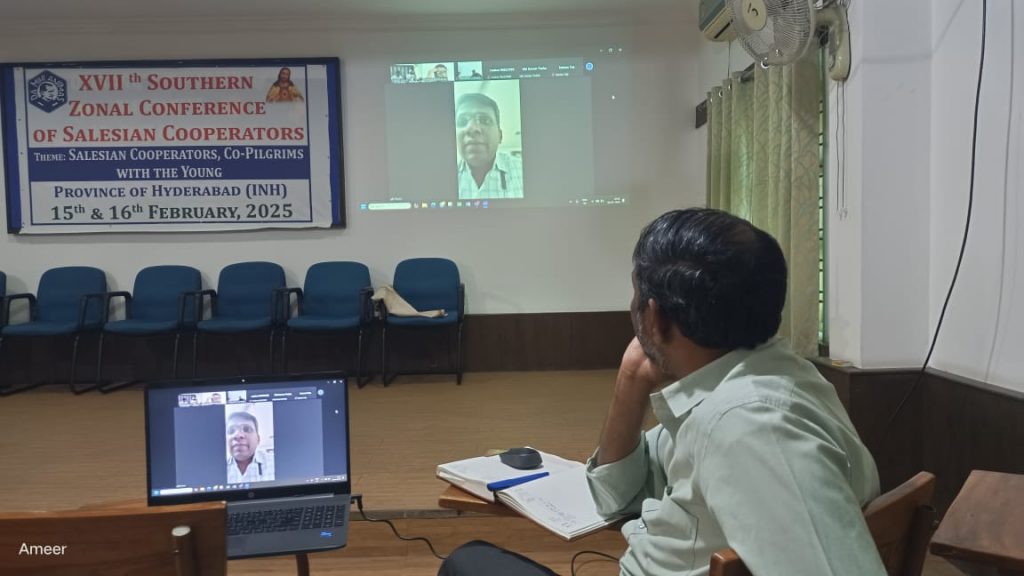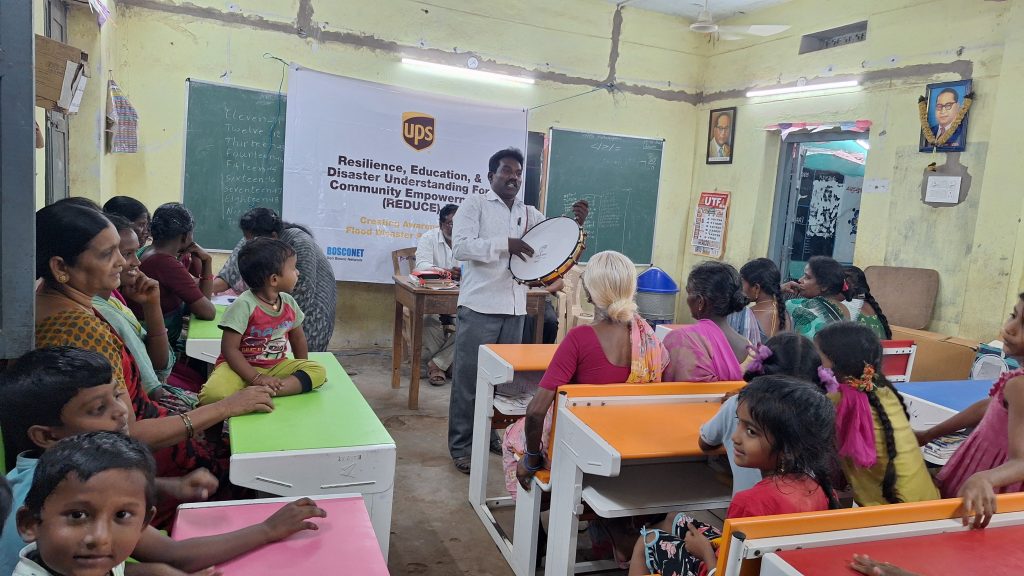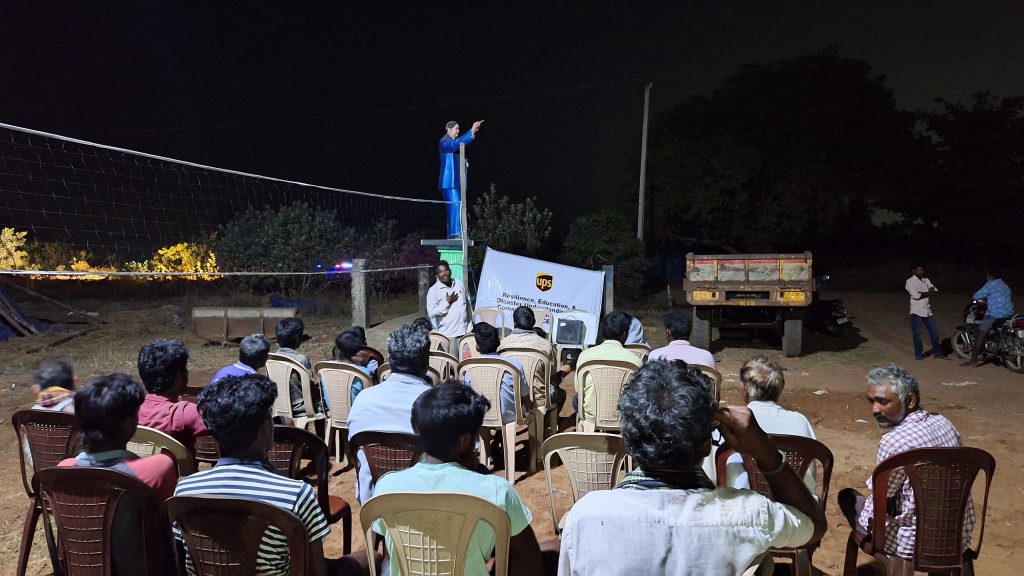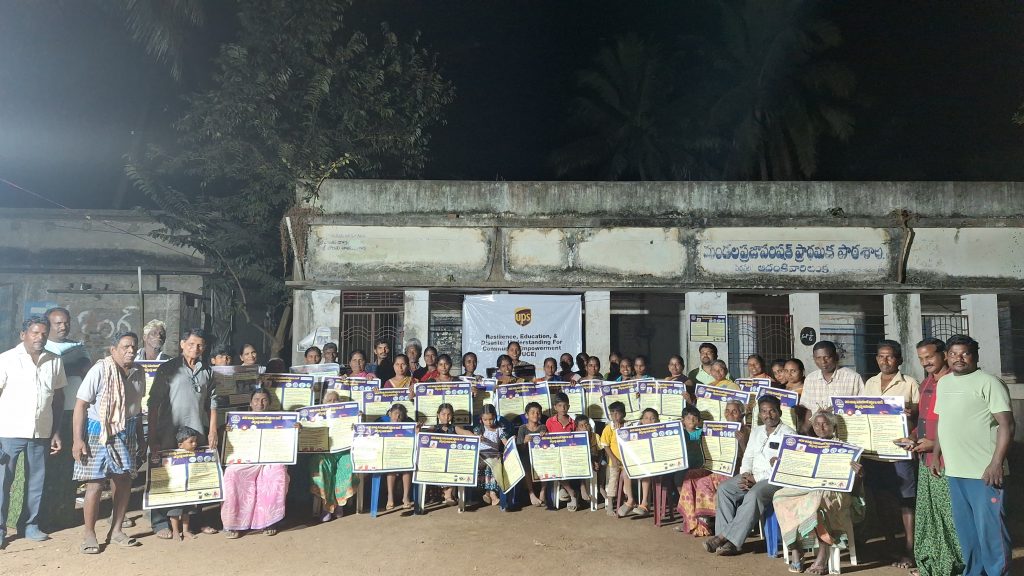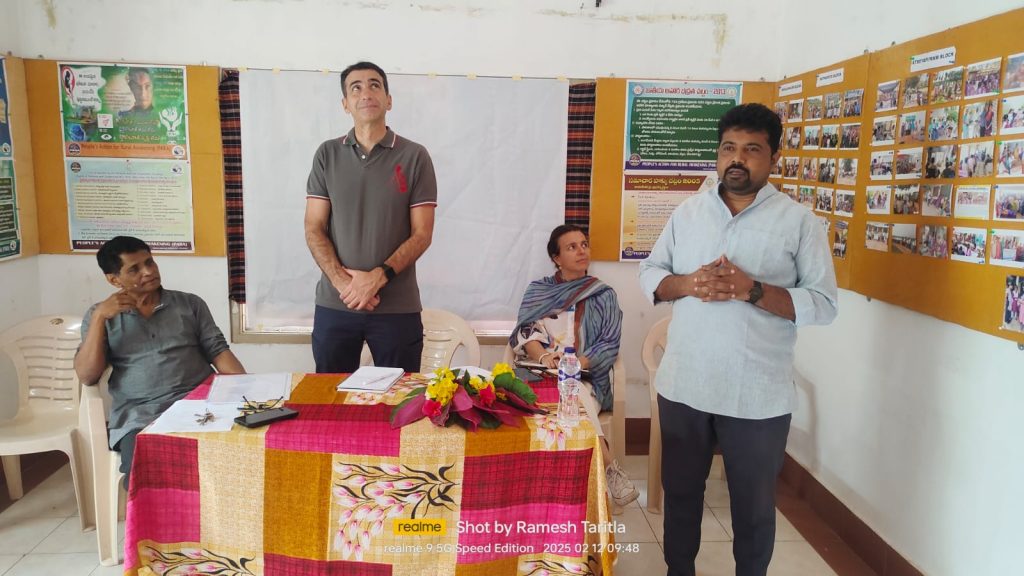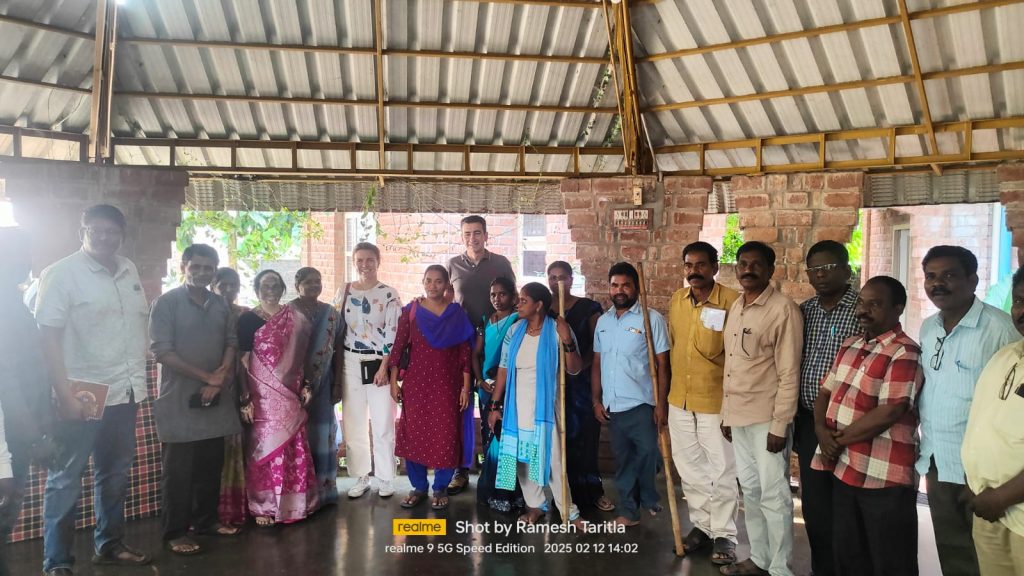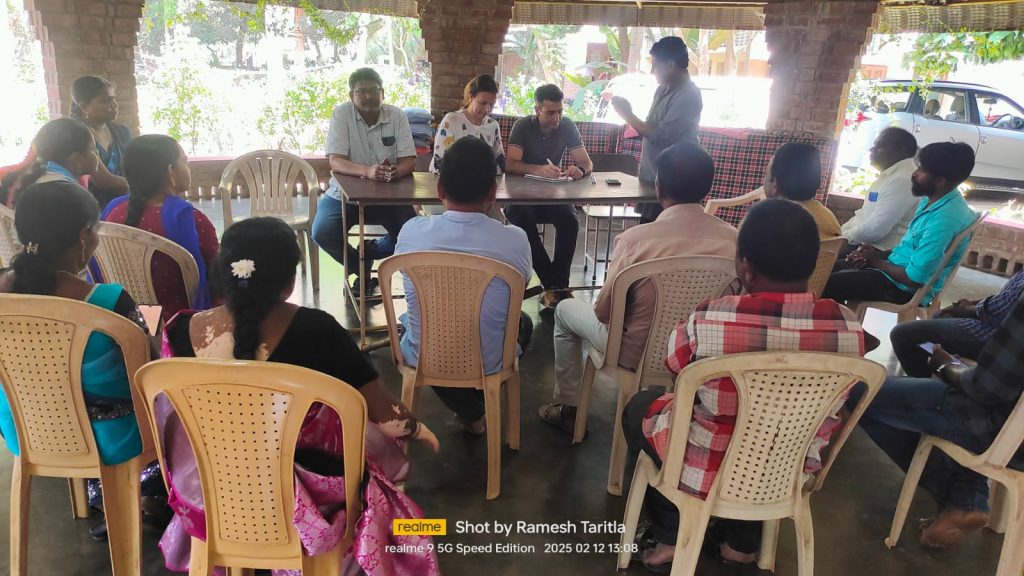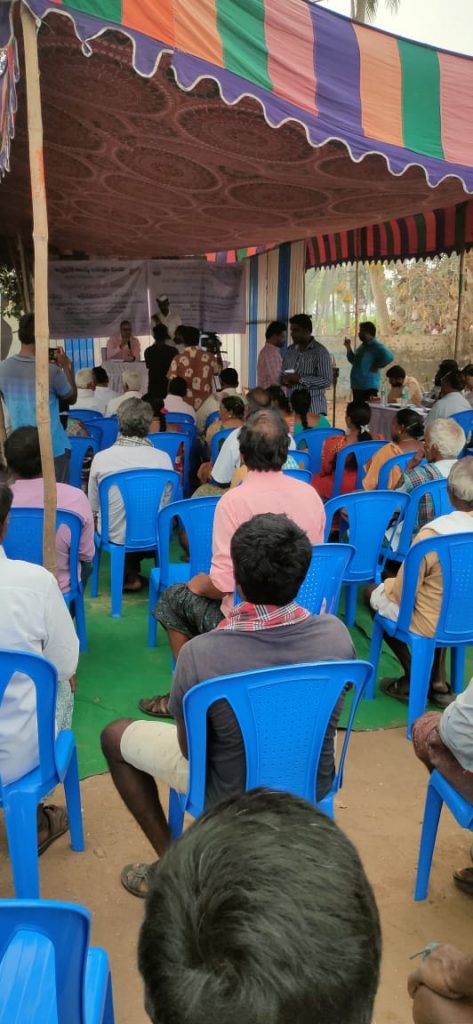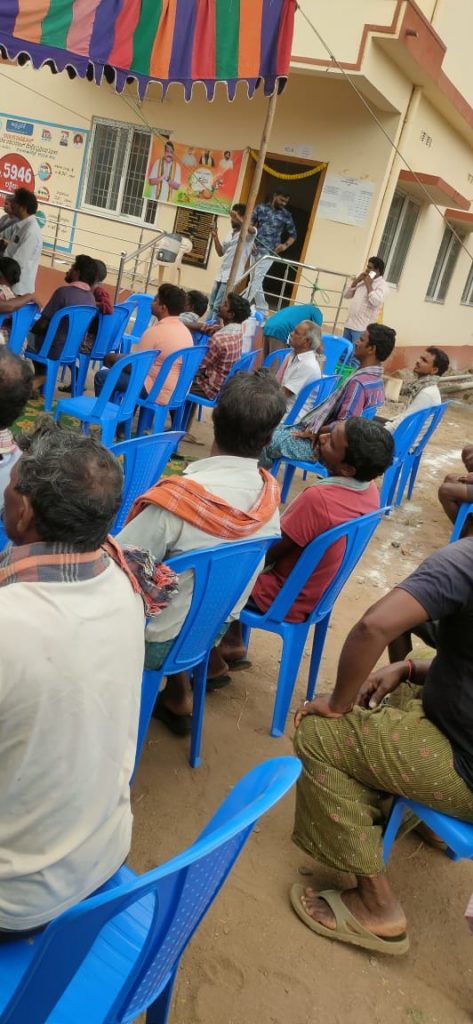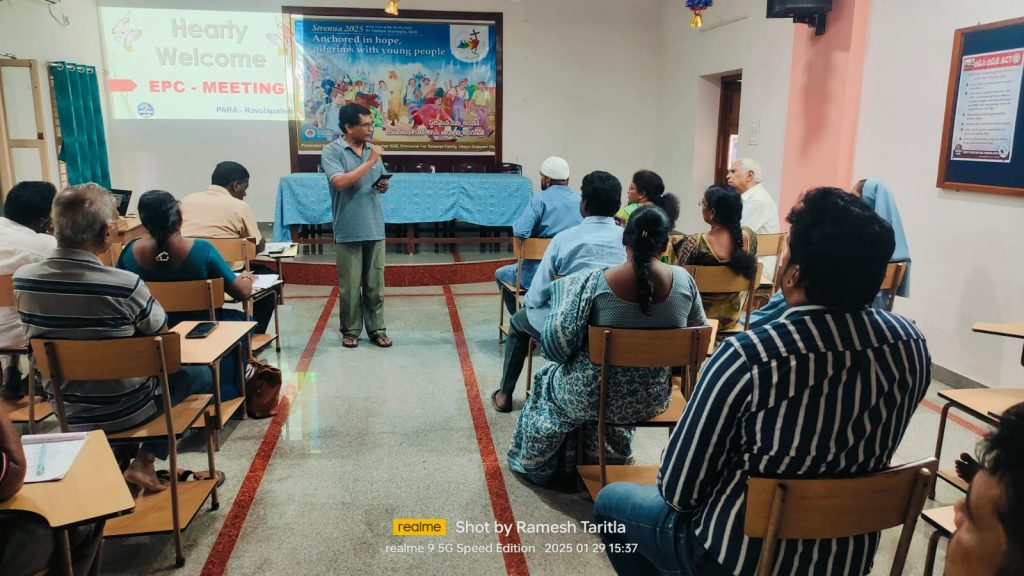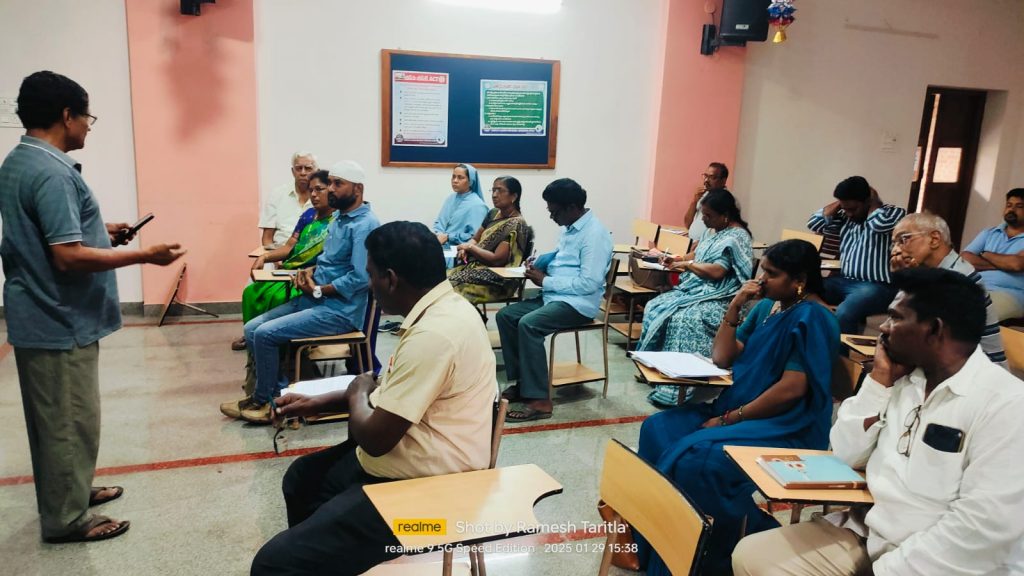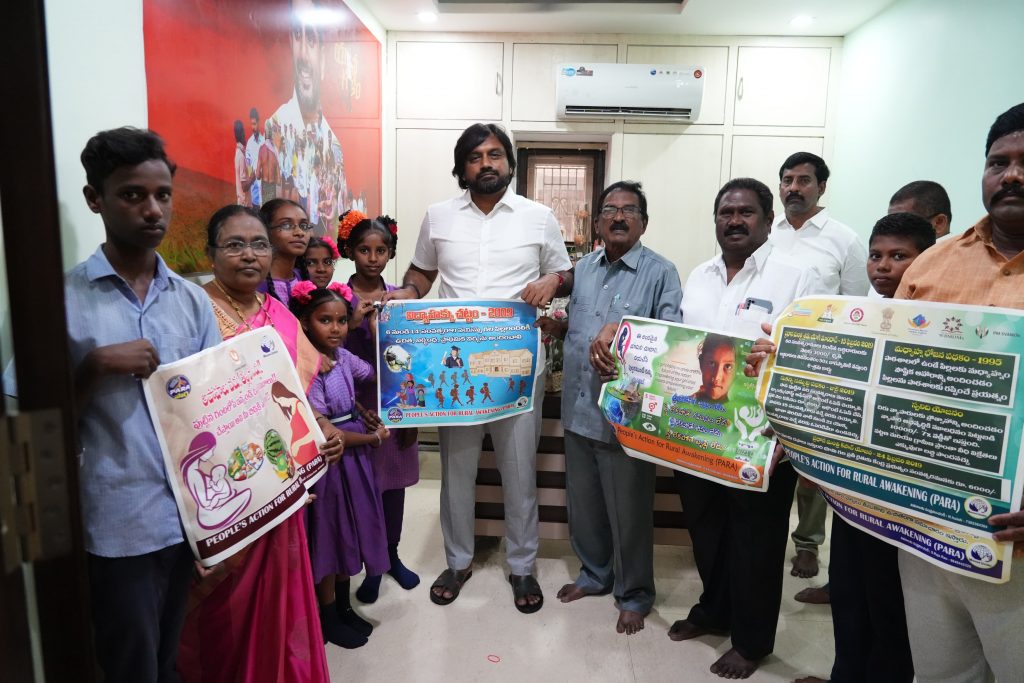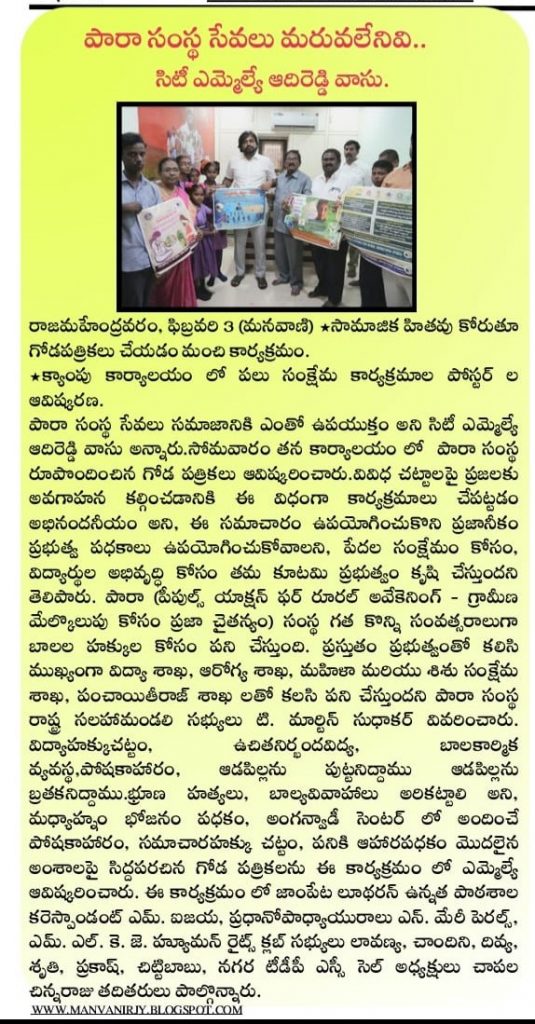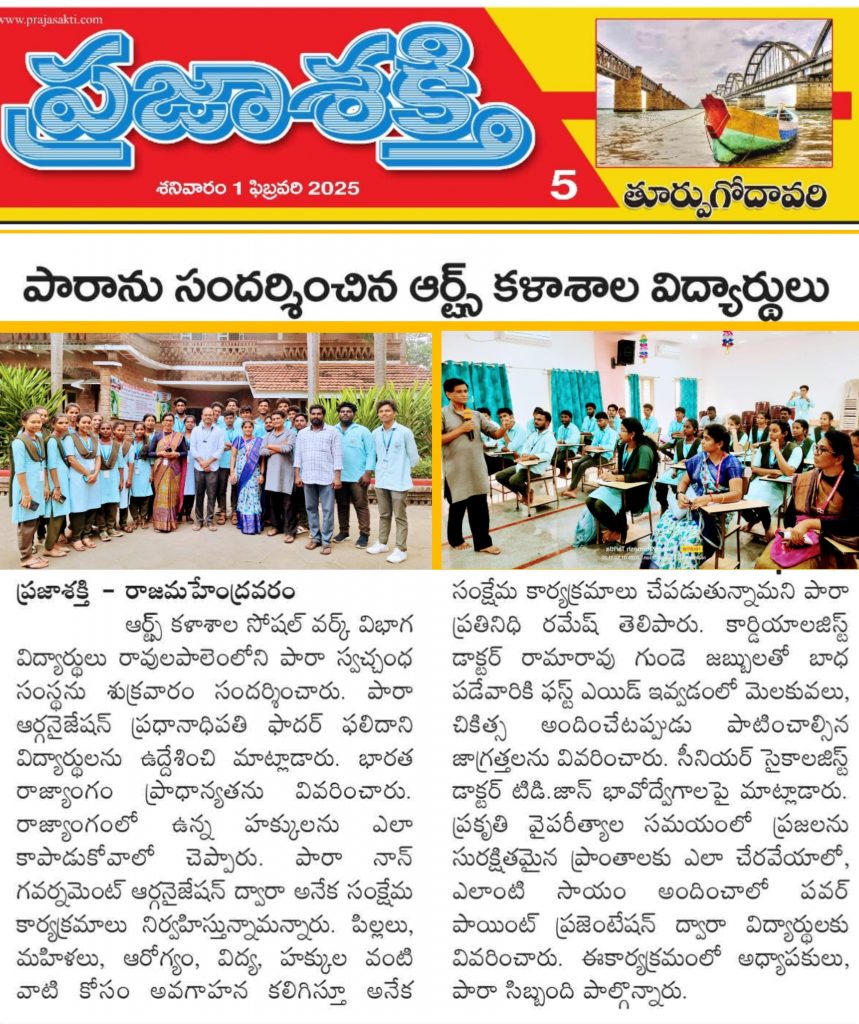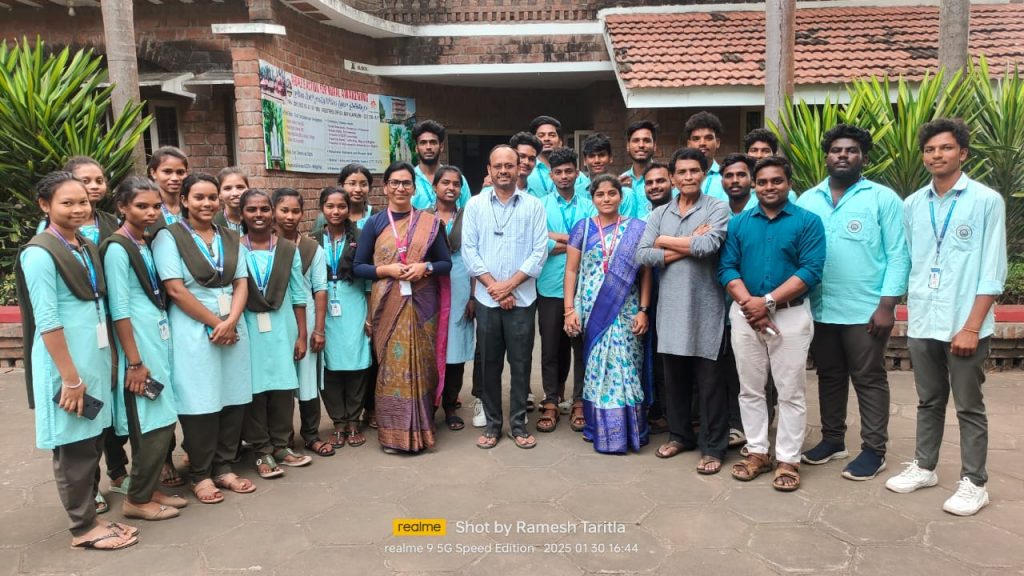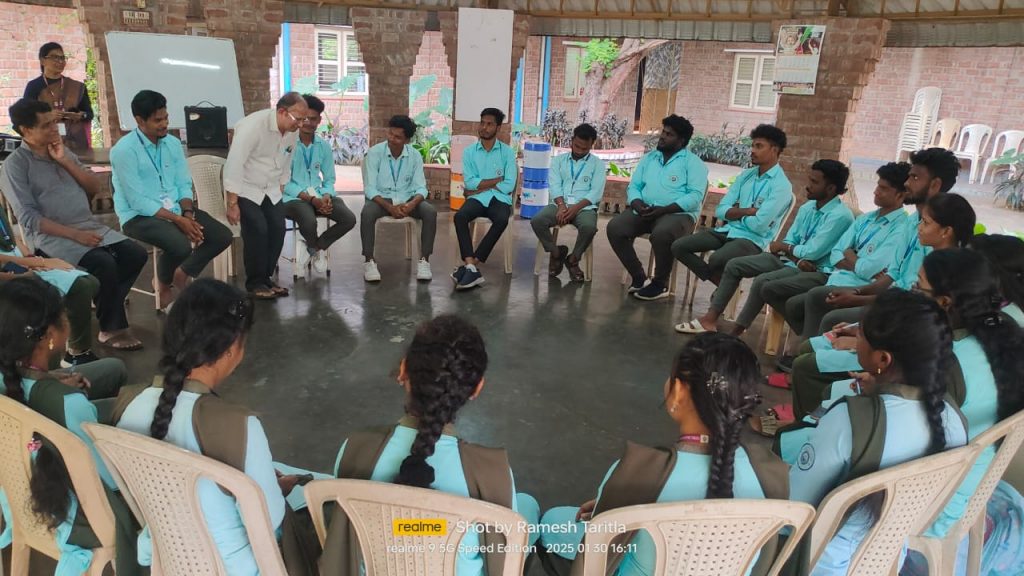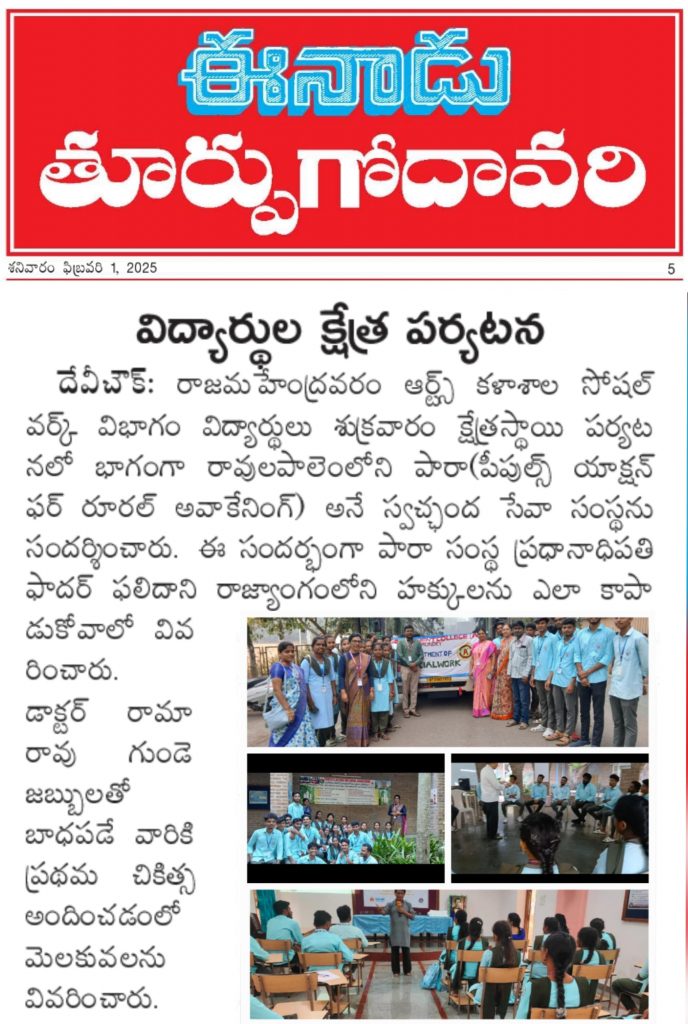The National Dalit Christian Watch (NDCW), a dedicated national forum advocating against discrimination faced by Dalit Christians within churches, convened a state-level meeting on March 6, 2025, at the Ekalavya Training Centre in Ravulapalem. The gathering aimed to shed light on the systemic discrimination faced by Dalit Christians in both religious and social spheres. The event was attended by pastors, Dalit Christian leaders, activists, and community members committed to fostering social justice and equality.
Inaugural Session
The meeting was presided over by Sr. Manju, National Secretary of NDCW. It commenced with an invocation, seeking divine guidance, followed by a recitation and analysis of the Preamble to the Indian Constitution. This session provided attendees with a deeper understanding of constitutional values, particularly those related to equality, justice, and non-discrimination.
The event featured a panel of distinguished speakers, including Mr. Jyothi Neelaiah, Chairperson of MGNREGA (Andhra Pradesh) and Mr Samuel Anand Kumar IAS Retd, alongside Dr. Deenabandhu, a constitutional expert.
Legal Safeguards and Constitutional Protections
Dr. Deenabandhu delivered an insightful address on constitutional guarantees for minorities, emphasizing legal provisions designed to safeguard the rights of marginalized communities. He underscored the importance of utilizing constitutional mechanisms to challenge and dismantle systemic discrimination.
Personal Narratives on Caste Discrimination
Mr. Neelaiah provided a deeply personal account of his experiences with caste-based discrimination, recalling how, as a child, he was denied basic rights such as sharing meals and drinking water alongside upper-caste individuals. He spoke of his journey in overcoming these barriers and ultimately earning a position of respect. While he expressed pride in his Dalit identity, he strongly asserted that caste should not define an individual’s worth.
Mr Samuel Anand Kumar IAS Retd, shared similar experiences, highlighting the prevalence of caste-based discrimination in churches across Andhra Pradesh. He exposed the entrenched caste hierarchies within religious institutions, where Dalit Christians often face exclusion from communal meals and religious rituals. He also narrated specific incidents illustrating the challenges faced by Dalit priests aspiring for higher leadership roles. Despite constitutional provisions and reservations, he emphasized that Dalits must strive for excellence beyond affirmative action, proving their capabilities through merit and perseverance.
Caste-Based Discrimination in Churches
The discussions illuminated the persistence of casteism within Christian denominations. Several key issues were raised, including:
- Segregation in seating arrangements during church services
- Discriminatory practices in receiving the Holy Communion
- Caste-based biases in appointing leadership positions
Speakers unanimously condemned these practices, stressing that caste-based discrimination contradicts the core values of Christianity and must be eradicated from both institutional structures and individual mindsets.
Testimonies: Personal Experiences of Discrimination
Several participants shared personal experiences, reinforcing the urgency for collective action. Many spoke of exclusion, marginalization, and the struggle for equal participation in church affairs. Their testimonies highlighted the widespread nature of caste-based oppression within Christian communities and the need for structural and attitudinal change.
Intersectional Discrimination Faced by Dalit Christian Women
Sr. Manju delivered a compelling address on “Dalit Christian Women in Andhra Pradesh: An Intersectional Perspective.” She highlighted the compounded discrimination faced by Dalit women, where both caste and gender act as barriers to equality and inclusion. She called for proactive measures to address these injustices, urging church authorities and communities to work towards a more inclusive and egalitarian religious environment.
Constitutional Protection and the Need for Vigilance
Fr. Thomas Pallithanam, Director of PARA, spoke about the constitutional safeguards available for Dalit Christians. He warned that while people look to the Constitution for protection, the Constitution itself is under threat, with efforts underway to dilute its protective provisions. He urged the community to remain vigilant and actively work towards safeguarding constitutional integrity.
Call to Action and Future Plans
The session concluded with a strategic discussion on future action plans. Participants emphasized the need for:
- Expanding awareness programs across all districts of Andhra Pradesh and Telangana
- Mobilizing communities to challenge caste-based discrimination
- Strengthening advocacy for policy reforms within church institutions
Mr. P. Chitti Babu facilitated the open forum, ensuring active participation from attendees representing North Andhra and the twin Godavari districts. The meeting concluded on a resolute note, reaffirming the commitment to justice, dignity, and equality for Dalit Christians.
